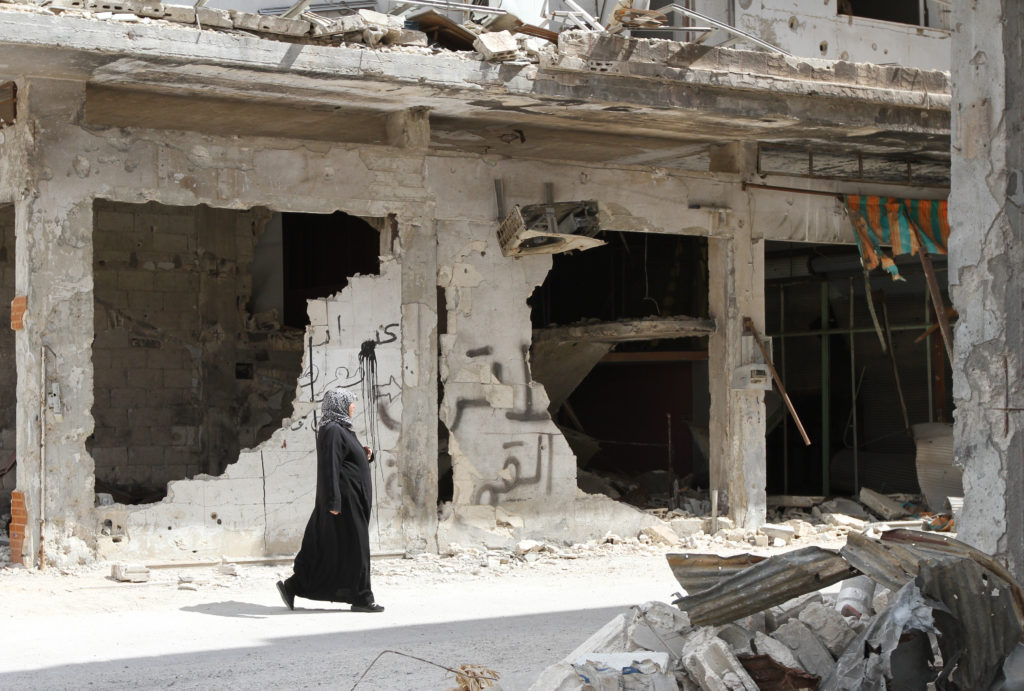Peace Treaty Initiative – FAQ
What does international law currently say about peace negotiations?
- Almost nothing. Article 33(1) of the UN Charter provides that “The parties to any dispute, the continuance of which is likely to endanger the maintenance of international peace and security, shall, first of all, seek a solution by negotiation, enquiry, mediation, conciliation, arbitration, judicial settlement, resort to regional agencies or arrangements, or other peaceful means of their own choice.” However, there is no body of international law that offers legal incentives or an organised framework to make the choice of peace negotiation more attractive at the start, more flexible and organised in the middle, and more stable at the end.
Can this legal gap be filled with voluntary principles and guidelines?
-
Voluntary principles and guidelines can be helpful for practitioners, but a legal gap can only be filled – and legal incentives and guarantees can only be created – through a legal instrument.
Why would states want to sign a treaty on peace negotiations?
- Conflicts are exacting a heavy toll on states and their citizens, who would welcome a treaty making it easier to end wars. That said, the eventual content of the treaty will determine the level of state interest. States sign up to multilateral treaties when the benefits of doing so are greater than the burdens.
Is there a draft of what the treaty would look like?
- Yes. It is an indicative text and subject to the feedback arising through the upcoming global consultation process (see below).
Could the treaty lead to a situation in which negotiation is imposed on an unwilling state?
- No. While the existence of the treaty would increase the attractiveness and stability of peace negotiations, a state party would retain control over which situations it wants to have handled under the treaty.
Could the treaty risk reducing the flexibility or confidentiality that negotiating parties require?
- No. One of the central aims of the proposed treaty is to increase the flexibility and control that negotiating parties have over the process – while simultaneously making available to them new support mechanisms and a new system for the validation of their key choices.
Would the proposed treaty restrict what can be agreed between the negotiating parties?
-
No. The parties would control all the decisions. At the same time, the treaty could offer substantive benefits that are unavailable today. For example, as reflected in the indicative text, a “presumption of conformity” with international law could be conferred upon an agreement that reflects certain minimum criteria. This would increase international respect for the agreement.
Would the treaty alter or improve the legal status of non-state armed groups?
- No. The indicative text makes it more attractive for non-state armed groups to make the choice to negotiate, but excludes any change in their legal status by virtue of that choice.
Does the treaty restrict the use of force by states?
- No. The indicative text envisages that the existing international legal rights and obligations of states over the timing and manner of the use of force would remain unchanged.
Can I see the indicative text of the proposed treaty?
- The text – which will continue to be developed in response to consultations – will be initially shared in a series of high-level regional and thematic workshops that will commence in mid 2021 in partnership with leading multilateral, academic, and nonprofit institutions across the globe.
Who supports this initiative?
- IFIT is facilitating the global consultation process and is supported by a high-level Expert Advisory Group. More generally, the initiative is supported by IFIT’s donor partners and global experts, including members of the Law and Peace Practice Group. Over time, a purpose-built strategic alliance will be created in order to bring the treaty to fruition.
How can I or my institution get involved?
- You can sign up for our treaty newsletter, where upcoming consultation events will be listed. In addition, if your institution would like to propose an active form of engagement or support, you can send a one-paragraph proposal to [email protected].

Donate
Please help us to make our world a better, safer place, by pledging your support to IFIT and this transformative global effort.

